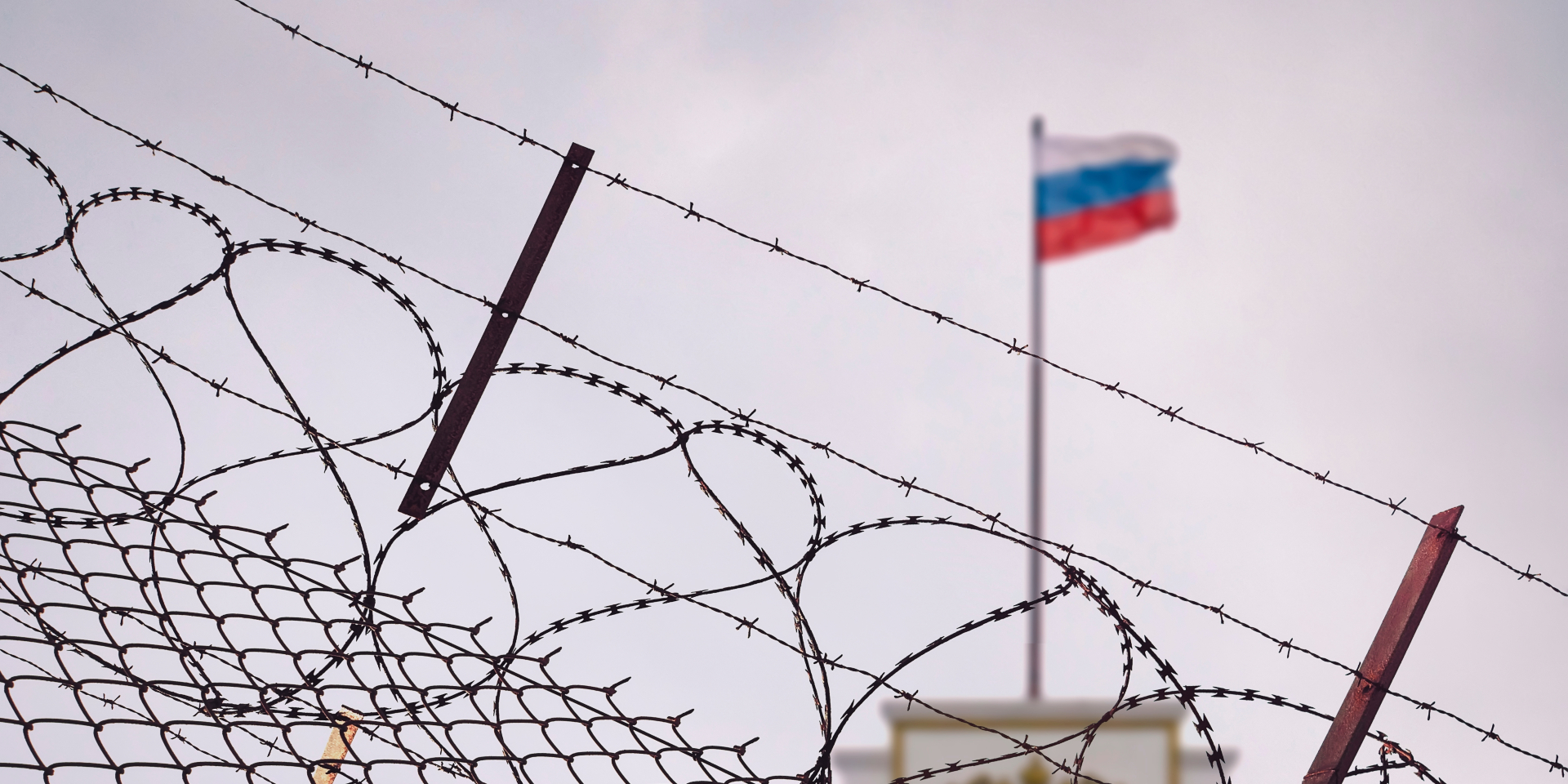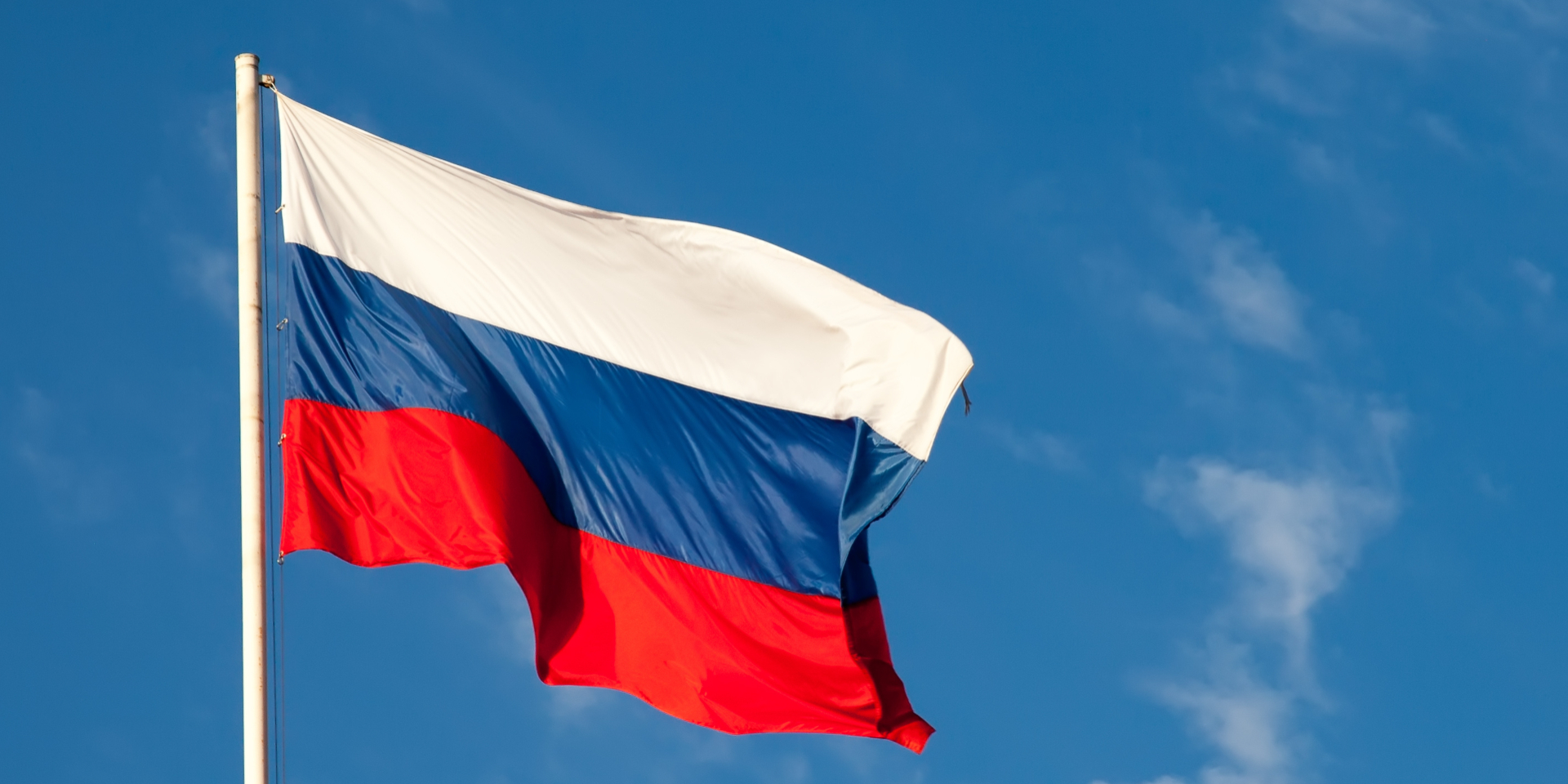Russia’s invasion of Ukraine has abruptly transformed the world. In response, an increasing number of severe sanctions have been imposed against Russia, affecting almost every economic sector - be it finance, transport and travel, culture or sports (football club Chelsea seized!).
While biting sanctions are early in their deployment, indications suggest that Russia’s economy is paying an enormous cost and the nation and its businesses are facing increasing international isolation economically, diplomatically and otherwise. As the EU representative, Olof Skoog said: “the Russian government stands increasingly alone”.
To add to this, last week, in a special emergency session, the United Nations General Assembly voted on a resolution condemning Russia’s invasion of Ukraine. The resolution demanded an immediate halt to the violence and the withdrawal of all Russian troops. So, how did countries vote in this resolution?
The results of the UN resolution demonstrate that Russia’s actions in Ukraine are in violation of international law and agreed governing principles. In the end, 141 of the 193 member states voted for the resolution, 35 abstained, and five voted against. While the majority of nations supported the non-binding resolution, a number did not and some wonder if this is a signal that they will continue to support Russia going forward, which may provide a work-around sanctions.
North Korea, Eritrea, Syria, Belarus and Russia itself were the only countries who voted no on the resolution condemning Russia. While many of these votes were expected, those that voted to abstain are of further interest. Maybe that interest is economic. For example, China, India and others account for an increasing share of trade with Russia and are somewhat reliant on their natural resources. In 2019-20, trade between Russia and India amounted to $10.11 billion and set a “bilateral trade target at $30 billion by 2025”. Whereas, Russia and China trade reached $110 billion in 2019 and the goal is set to reach $200 billion by 2024. As it stands, China is Russia’s largest trade partner, accounting for 13% of exports.
Russian aggression against Ukraine has triggered a chain of reactions that is significantly changing Europe and the world as we speak. And while the facts on the ground continue to change, so do the responses. For example, this week, the EU is preparing a new sanction package against Russia that will hit additional Russian oligarchs and politicians and the past week has seen a raft of asset freezes, seizures and other actions on a global scale.
At Sigma Ratings, we are committed to maintaining and providing the counterparty risk information in order for our clients to be on the front foot. Sigma’s advanced technology and risk intelligence database, with over 10 billion data points on over 900 million companies and people, is the go-to source for reliable and up-to-date information on global risk. Specifically to Russia, Sigma continues to provide valuable, differentiated insights that evolve with the conflict, including our recently released Oligarch and associated company data.

Vladimir Putin's recent deadly aggression against Ukraine has put pressure on the international community to decide what measures can be taken to...

This week, the WSJ reported that Latvia is seeking to rebuild its reputation in face of Russia sanctions given prior scandals like Danske Bank and...

Sigma continues to provide updated, improved screening for clients interested in understanding potential exposure to Russia, Russian Entities, and...
